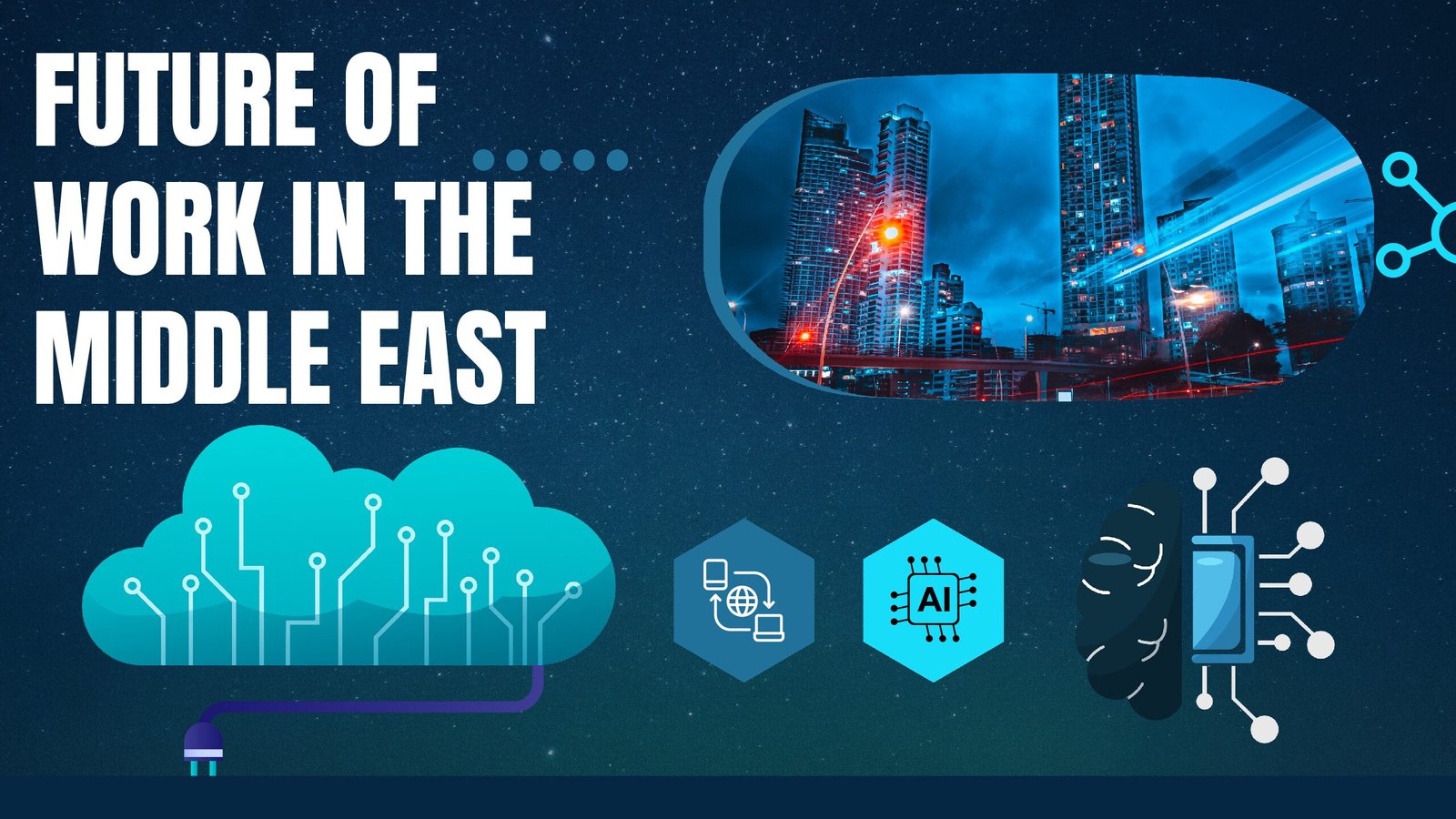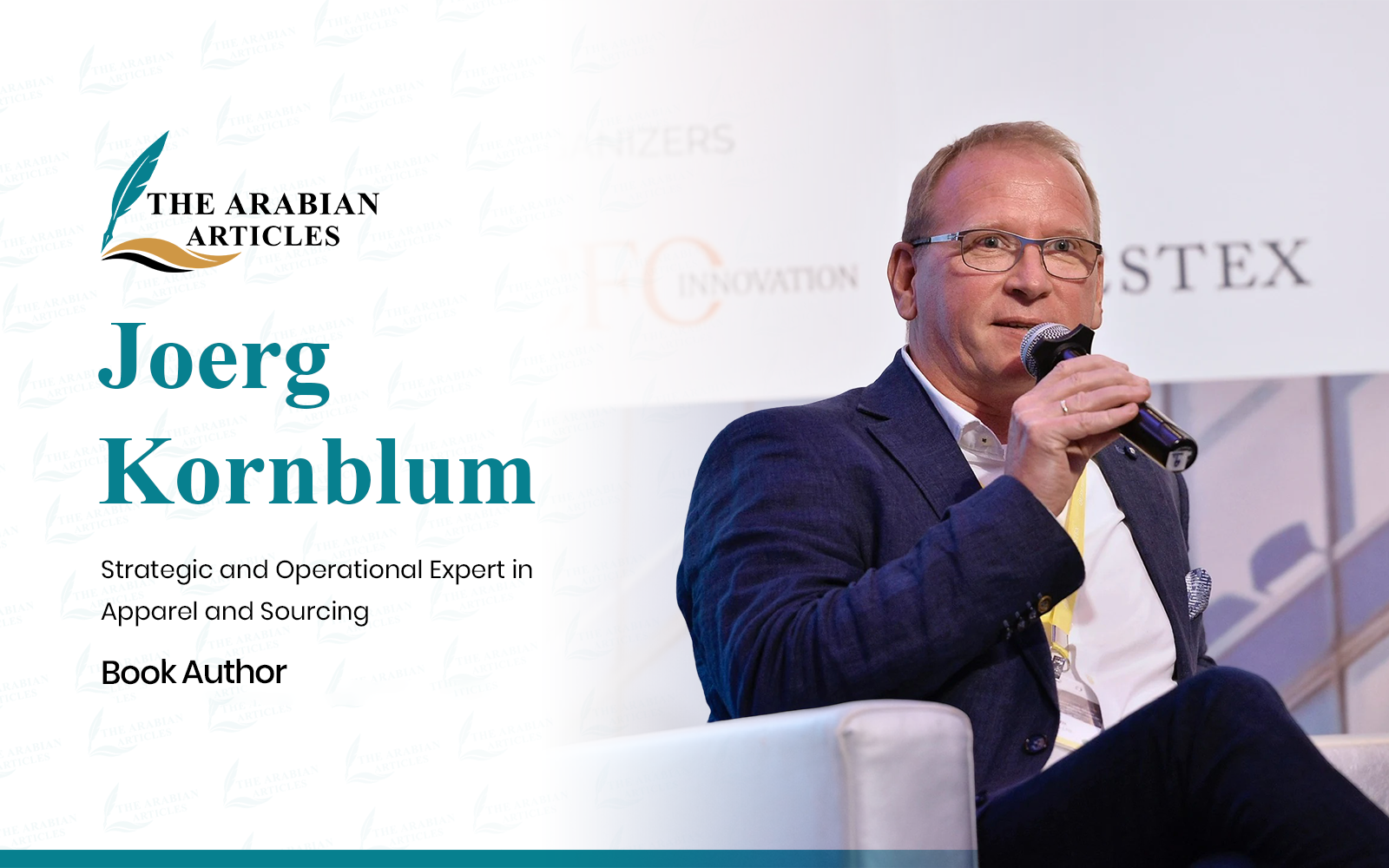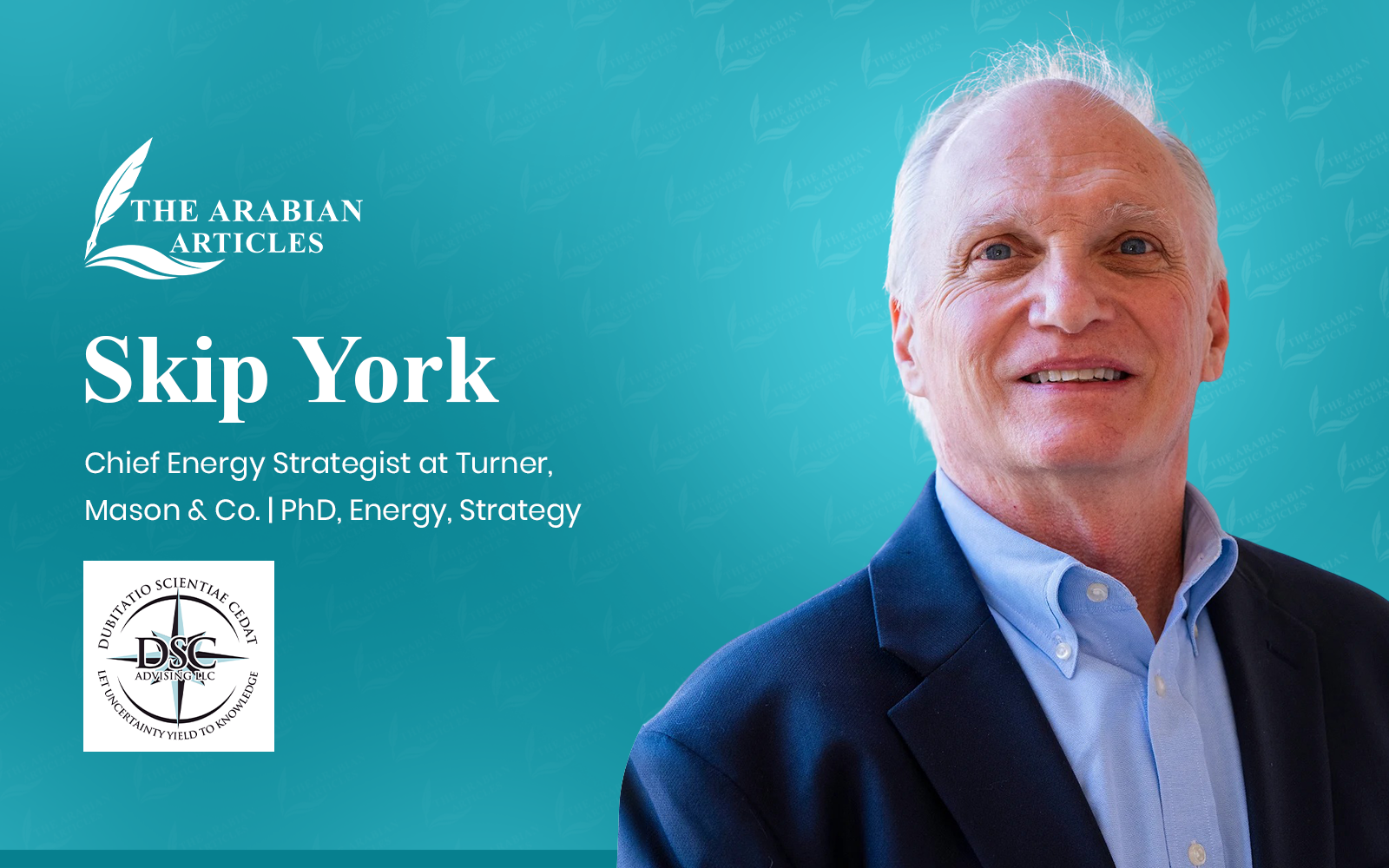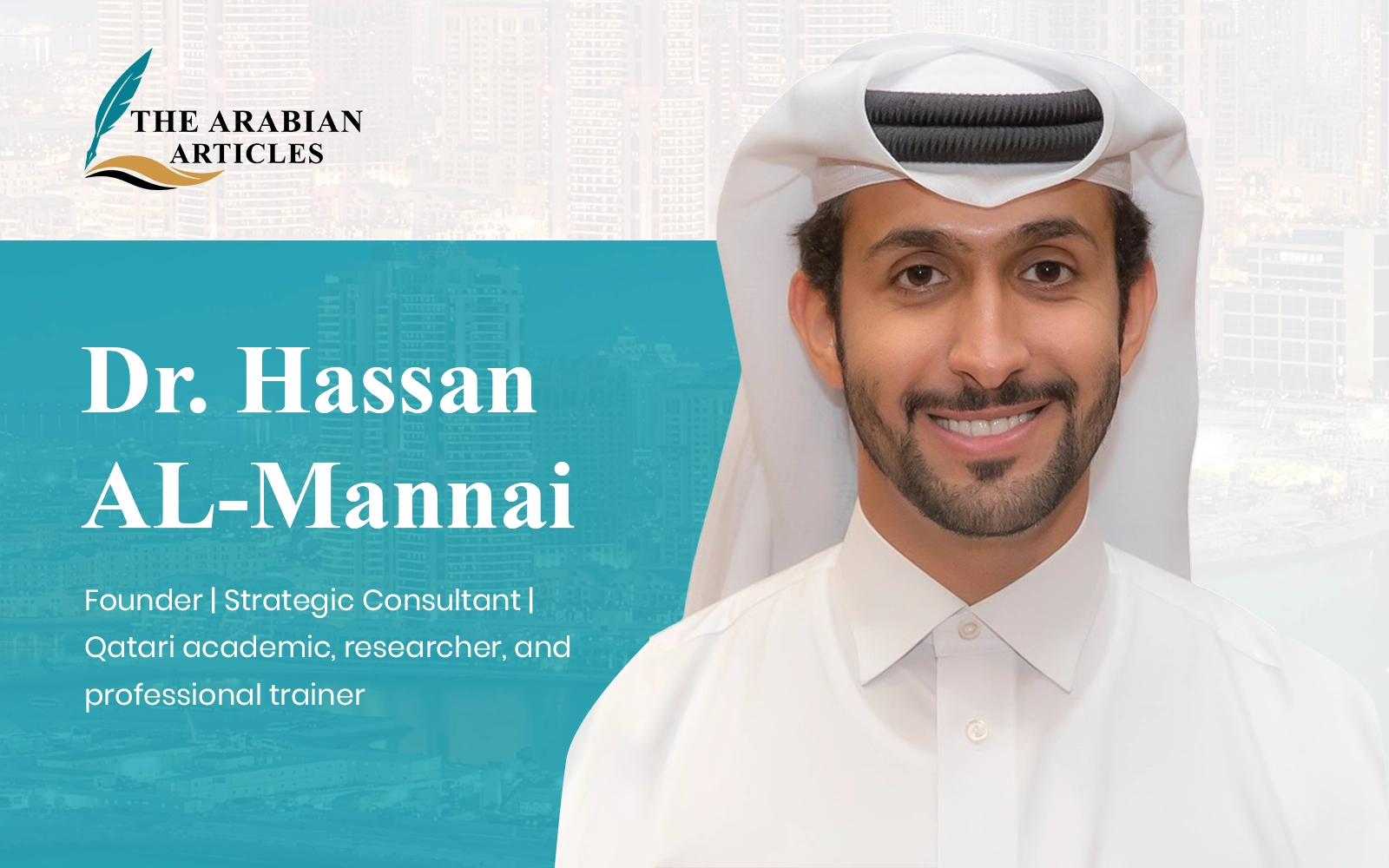The world of work is changing—fast. And in the Middle East, the shift is more than just remote meetings and digital offices. It’s a complete transformation driven by technology, new skills, changing employee needs, and economic reforms.
From Riyadh to Dubai, conversations around the future of work in the Middle East are now a top priority for governments, CEOs, and employees alike. What will jobs look like in 2025 and beyond? What skills will matter? And how are companies preparing for this next chapter?
To answer these questions, we spoke with regional experts, HR leaders, and startup founders to get real opinions on what’s coming next.
Remote Work in the Middle East: A Shift That’s Here to Stay

The pandemic sparked a remote work revolution worldwide, and the Middle East was no exception. But is remote work here to stay?
Leila Al-Sabah, a Dubai-based HR consultant, says:
“We used to think remote work was temporary, but it’s now part of long-term HR strategies across the UAE, Saudi Arabia, and beyond.”
Remote and hybrid work models are gaining popularity, especially in sectors like tech, finance, and media. While some industries still require on-site presence (such as oil & gas or construction), others are leaning into flexibility.
Pro Tip for Employers:
Focus on results-based performance rather than traditional working hours to adapt to this trend.
The Rise of AI and Automation in MENA Workplaces
Artificial intelligence (AI) and automation are transforming how businesses operate in the Middle East. Companies are investing in smarter systems to boost productivity, improve customer service, and cut costs.
Faris Ahmad, a tech startup founder in Riyadh, explains:
“In Saudi Arabia, especially under Vision 2030, we’re seeing big investments in AI across sectors like healthcare, logistics, and education.”
Automation doesn’t mean job losses—it means job evolution. Repetitive tasks will be handled by machines, while human roles will become more creative and analytical.
LSI Tip:
Highlight how AI is creating new roles like data analysts, AI trainers, and cybersecurity experts.
Upskilling and Reskilling: The New Career Currency
With rapid changes in technology, learning new skills has become essential. Whether it’s learning how to code or developing leadership skills, professionals must adapt to stay relevant.
According to a recent World Economic Forum report, nearly 50% of workers globally will need reskilling by 2027. In the Middle East, countries like the UAE and Qatar are already investing in digital upskilling programs.
Maha Tarek, a talent strategist based in Bahrain, says:
“We’re encouraging employees to take short online courses in areas like cloud computing, digital marketing, and project management.”
Smart Move for Employers:
Create in-house training hubs and partner with edtech platforms to build a future-ready workforce.
The Gig Economy is Growing—Fast
Freelancing and gig work are booming across the GCC. With digital platforms making it easy to find work, more people—especially youth—are turning to freelance jobs.
The Saudi Ministry of Human Resources recently launched a platform to help freelancers get officially licensed. In the UAE, gig workers are thriving in fields like design, writing, programming, and digital marketing.
Ayman Khalid, a freelance UX designer, shares:
“The freedom to work from anywhere and for global clients has changed how I live and work. I feel more in control.”
LSI Insight:
Include platforms like Upwork, Nabbesh, and Fiverr that are becoming popular among Middle Eastern freelancers.
Work-Life Balance and Employee Well-being Are Priorities
In today’s fast-paced work environment, mental health and work-life balance are no longer “nice to have”—they’re essential. Many organizations are rethinking how to support employees holistically.
Flexible hours, wellness apps, mental health days, and team retreats are being integrated into HR policies. These practices help retain talent and improve productivity.
Expert Tip:
Don’t ignore employee feedback. Conduct regular pulse surveys to understand evolving workplace needs.
Women in the Middle East Are Reclaiming the Workforce
One of the most exciting trends is the rising participation of women in the workforce. Thanks to policy changes, educational access, and remote work options, more women are joining corporate and entrepreneurial roles.
In Saudi Arabia, female workforce participation rose from 17% in 2016 to nearly 35% in 2023, and continues to grow.
Reem Al-Dabbagh, a female founder in Jeddah, says:
“Support systems are improving. Women are not only working—they’re leading companies, raising funds, and building brands.”
Policy Insight:
Encouraging family-friendly work policies and mentorship programs helps maintain this progress.
Flexible Workspaces and HR Tech Are Shaping the Office
Physical office spaces are being redesigned to adapt to hybrid and remote work. Coworking spaces like Astrolabs in Dubai and The Space in Riyadh are becoming go-to options for startups and freelancers.
Meanwhile, HR tech tools are helping companies streamline operations—from hiring to payroll to performance reviews.
Trend Alert:
Expect to see more AI-based hiring tools, virtual onboarding systems, and employee experience apps in the coming years.
Regional Collaboration and Talent Mobility
With increasing economic integration across GCC countries, the mobility of skilled talent is becoming smoother. Governments are working on mutual visa agreements, startup hubs, and tech zones to encourage cross-border work.
A senior advisor at a Dubai-based VC firm noted:
“We now see engineers in Jordan working for Saudi firms, marketers in Egypt collaborating with UAE startups, and developers in Pakistan powering regional SaaS companies.”
Final Thoughts: Are You Ready for the Future of Work?
The future of work in the Middle East is not just about technology or trends—it’s about people. Leaders, employees, freelancers, and entrepreneurs are all part of this shift.
To succeed in the future:
- Stay flexible
- Keep learning new skills
- Focus on mental well-being
- Be open to new work models
- And most importantly, stay human in a digital world
Quick Recap of What’s Shaping the Future of Work in the Middle East:
- Remote and hybrid work models are becoming the norm
- AI and automation are changing job roles, not replacing them
- Upskilling is essential for career growth
- The gig economy offers new freedom
- Work-life balance and mental health matter more than ever
- Women are transforming the workforce landscape
- HR tech is redesigning how companies operate
Cross-border talent collaboration is on the rise.
READ MORE-
Inside the Mind of a Startup Mentor: Advice for New Entrepreneurs in the GCC
Evolve Pilates: Exclusive Private Experience 1:1 by Saphari A. Athmani Launches in Dubai, Ushering in a New Era of Transformational Wellness Through Pilates







